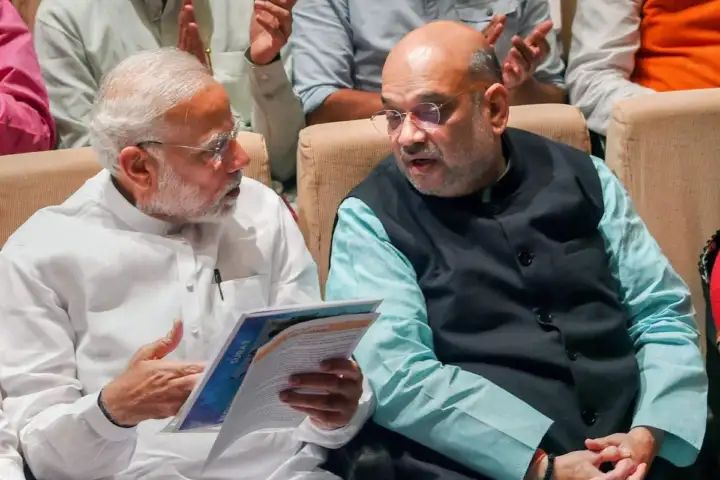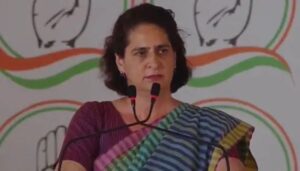“Promises made, promises kept”: With the Citizenship Amendment Act (CAA), the Modi government fulfilled three major promises before seeking the mandate in 2024.
The notification of the Citizenship Amendment Act (CAA) rules is a political and ideological statement by the BJP, as the Narendra Modi government is now claiming in the 2024 Lok Sabha elections that it has fulfilled all three major promises during its second term.

The first major promise was the removal of Article 370 from Jammu and Kashmir, the second was the construction of the Ram Temple in Ayodhya, and now, finally, after four years since its passage in Parliament, the implementation of the Citizenship Amendment Act (CAA). Delays in implementing the act occurred due to initial opposition protests and later the COVID-19 pandemic, necessitating the enactment of necessary regulations more than four years after its passage.
The implementation of the Citizenship Amendment Act (CAA) positions India as a “home country” for persecuted minorities in neighboring nations, as they have nowhere else to go, thus strengthening the ideological stance of the BJP that Hindus in the subcontinent will view Hindu India as their “homeland.” The election campaign will highlight this narrative.
“We have diligently fulfilled all major promises under the provisions of the Indian Constitution. The Supreme Court had given a green signal to the Ram Temple. There was no tension in the country after the decisions on the Ram Temple or the abrogation of Article 370. People will appreciate this. They will also give importance to the fact that all these promises could be fulfilled only because for the past two terms, there has been a government in the country with Narendra Modi’s absolute majority. This paves the way for our goal of ‘This time, beyond 400’.” A senior BJP minister told News18 on Tuesday. PM Modi and Home Minister Amit Shah can reiterate this during the election campaign.
In doing so, the government will emphasize the fact that the CAA does not strip anyone of their citizenship and, in reality, does not affect any Indian citizen at all. BJP leaders have said that this is misinformation and inflammatory propaganda by opposition parties against the CAA to mislead and provoke minorities.
The main issue with granting fast-track citizenship to persecuted minorities from neighboring countries could be the potential impact on local demographics, resources, and cultural dynamics. Opposition questioning the timing of introducing such rules could stem from concerns about political motivations and electoral advantage rather than genuine humanitarian reasons. The government’s responsibility lies in ensuring that any legislation is implemented effectively while upholding constitutional principles.
A government source stated that the citizenship acquisition process would be completely digitized, with specified documents required to streamline the process. They also mentioned that states could choose not to implement the Citizenship Amendment Act (CAA), but it’s not within their jurisdiction as a citizenship acquisition committee would decide on citizenship requests, limiting the states’ role. They emphasized that the central government would ensure effective implementation of the CAA and ensure that no eligible person is deprived of citizenship under the law.













Post Comment